PAid SIck Leave FAQ
1. When does the law go into effect?
A: SB 913 was signed into law on July 1, 2011 and takes effect on January 1, 2012.
2. What employees are covered by the law and must receive PSL?
A: The law applies to “service workers”, which is defined as salaried and hourly employees not exempt from the federal Fair Labor Standards Act. The law also has a lengthy list of work codes that are covered that includes terms such as “Miscellaneous Office and Administrative Support Workers”. PSL will have to be given to your office staff and sales staff; however, based on a memo from the CT Department of Labor, PSL does not have to be given to your yard staff.
3. Do my employees that are not covered by the law still count towards the 50 employee threshold?
A: Yes, your total number of employees counts toward the 50 employee threshold whether they are eligible for PSL or not and whether they are full-time, part-time, seasonal, or temporary employees.
4. How does an employee accrue PSL?
A: Employees need to work 680 hours to use the sick leave. Employees begin accruing one hour of PSL for every 40 hours worked. While they cannot use the PSL until they have worked 680 hours, they do start accruing the time immediately. Workers cannot use more than 40 hours of PSL in a year.
5. How much time can an employee accrue?
A: An employee can accrue up to 40 hours a year.
6. Can they carry over their PSL?
A: Yes, an employee can up to 40 hours of PSL over from one-year to the next; however, an employee cannot use more than 40 hours of PSL in a single year.
7. I already offer better benefits than this law requires, do I have to change anything?
A: No, but you will still be required to track how much PSL time the employee is eligible for, even if you offer greater benefits. The reason for this is that if the state audits you to make sure you are complying with the rules you will have to be able to provide proof that you are in compliance. Therefore, you will be to be able to show how many hours of PSL the employee is eligible for and that you have offered enough, if not more, time to that employee.
Additionally, there is a safe harbor built into the law that protects if you offer PTO time, which encompasses sick, vacation, and personal time off. Nonetheless, it is highly recommended that if you follow this method you make sure to add a note to your company policy along the lines of “up to 40 hours of this time can be for paid sick leave and/or at the employee’s discretion in accordance to Connecticut law”. There are also concerns that under this format it will be unclear which time off is protected by law and which is not, unless the employee is required to designate how they use their time off. Additionally, employers may find their hands tied when trying to reign in abusers of PTO during the first 40 hour period (such as when en employee continually arrives late or leaves early claiming illness, injury or another covered purpose).
8. Are temporary or seasonal workers covered?
A: Yes; however, these employees are eligible to accrue and use paid sick time only if they have worked an average of at least 10 hours per week during the preceding calendar quarter.
9. If I have a seasonal employee, does their accrued time have to carryover during the period they are not employed?
A: No. Any termination of employment by an employer, whether voluntary or involuntary, shall be construed as a break in service. When a break of service occurs any unused PSL is forfeited (unless there is a prior agreement with temporary or seasonal workers in place).
If an employee is subsequently rehired following a break in service, the service worker shall began to accrue PSL immediately (the 680 hour threshold only needs to be met one time and carries over).
10. Can I require that they provide proof they are using their PSL for a medical reason?
A: You can only require that a doctor’s note or proof of medication need be supplied if the employee is out for three or more consecutive days of PSL.
Additionally, an employer can only require advance notice (no more than seven days) for use of PSL if it is for a foreseeable event. If it is an unforeseeable event, an employer can only require that notice be given as soon as practicable.

